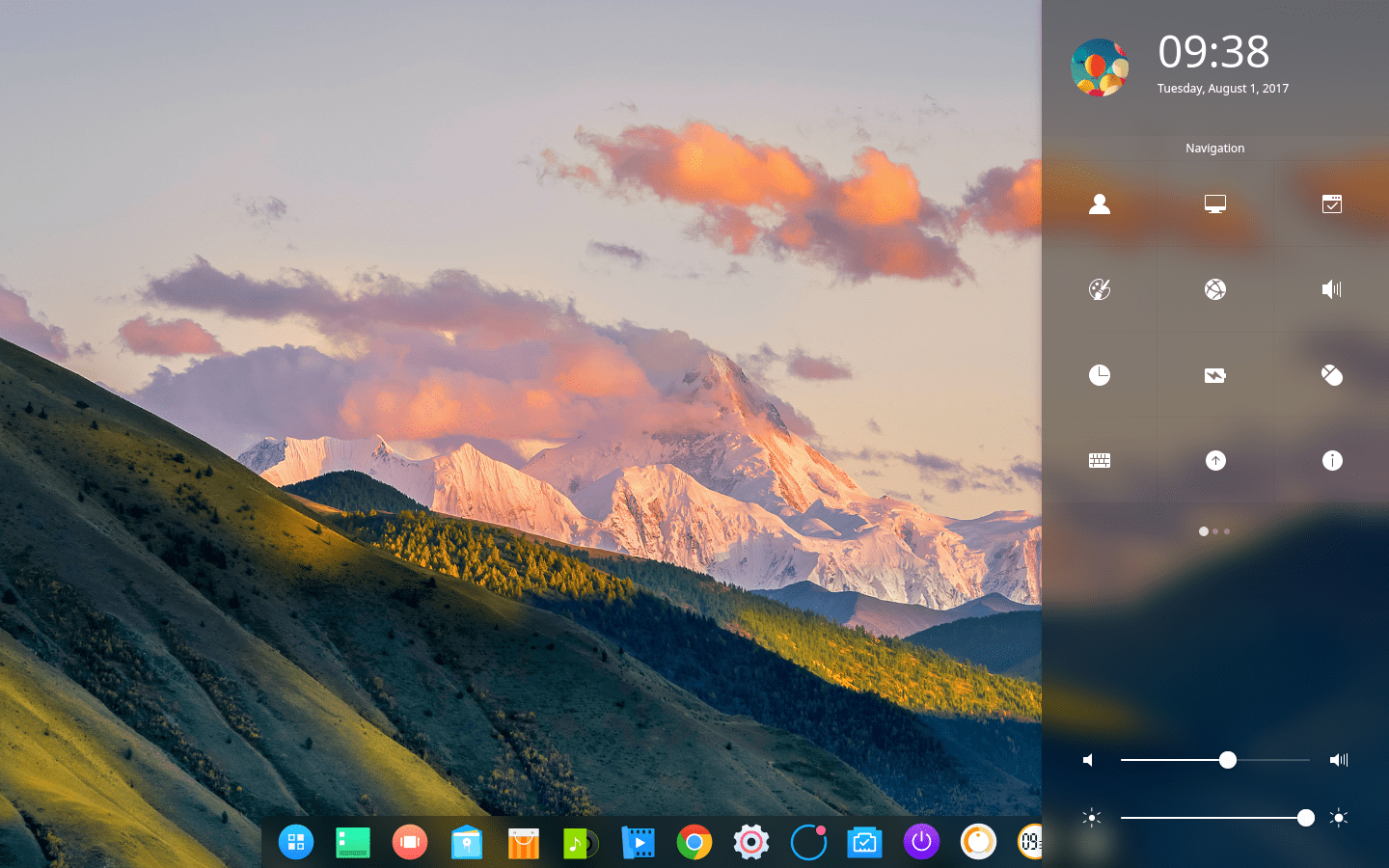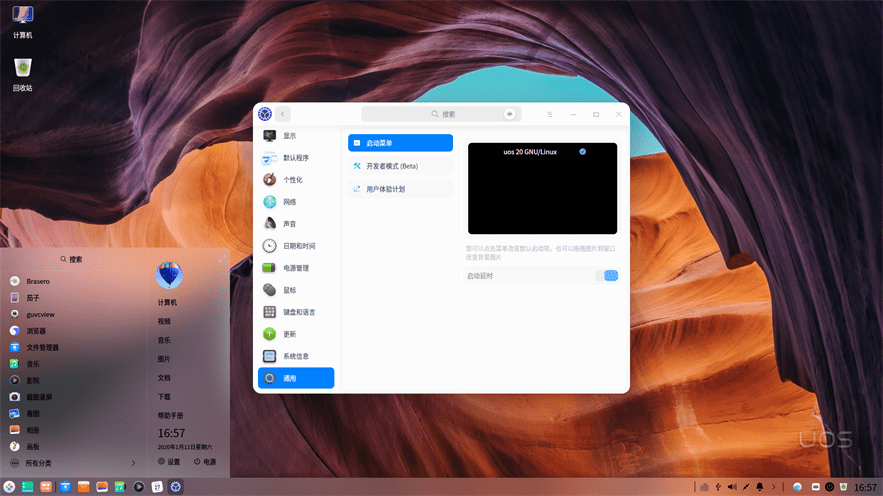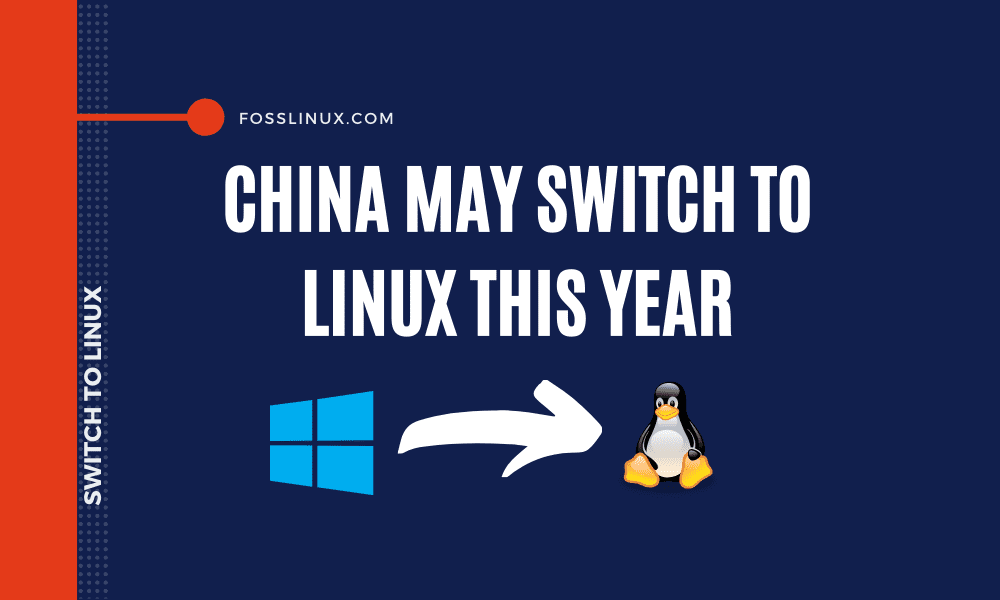China has been trying to develop an operating system of its own, but it has historically been not so successful so far. Moreover, China also had a couple of bad experiences with other companies, like when ZTE depended on the US for the processor or the infamous Huawei issue. This time, though, China might just have created the right operating system.
Meet UOS
The OS has been named the Unity Operating System (UOS). On observation, it is broadly based on Deepin. So yes, a Linux-based operating system could soon be widely used in China, which is excellent news for the Linux community, much like how South Korea recently announced plan to switch to Linux on their 3.3 million PCs.
Desktop Environment
UOS will use the desktop environment of Deepin, DDE, which is known to be quite a user friendly and easy to use. At some points, the Deepin DDE seems to converge some of the best features of different operating systems. Like the start button from Windows, notifications, and settings like on Android, etc. This will prove to be very welcoming to all users.

Deepin DE
Applications
The UOS team has also developed over 40 original apps for the OS. This will provide better compatibility and a sense of greater independence for the system. It also has programs for handling a lot of exclusive domestic hardware.
There is also a new remade software store. The applications will be thoroughly checked and tested for installation and operation.
History
There needs to be a little history for context here. This operating system is being developed by Union Tech (thus, the name). Deepin turned out to be the most popular Linux variant in China and was soon acquired by Union Tech. Union Tech has lately been acting as a coordinator, collaborating with multiple domestic hardware/software companies to create a better overall ecosystem of the technology built in China. This is turning out to be quite good, as the evidence suggests.
The Hardware Factor
There is something that makes UOS stand out more, which is related to hardware. To make the technological area completely independent, China has been focusing on processor making companies like Loongsoon and Sunway. UOS managed a boot time of 30 seconds on China’s homegrown processors. The office experience also appears to be very smooth. This is a significant milestone for China’s goal of technological independence.

UOS Interface
Conclusion
All-in-all, it seems like China has quite a strong candidate to replace Windows. This is something that China has been struggling for quite a long time, but it looks like finally, it could happen this year. Seeing China move towards Linux is excellent for Linux as well as the open-source community.


1 comment
I know North Korea uses a internal developed Linux OS, and am surprised its taken a Communist country like China to create their own. I think what hampered them is the fact they are so connected to the outside world and have needed Windows OS to do this efficiently. Unlike North Korea which is obviously far more isolated and locked down. I don’t expect just because China is moving to Linux that this code will be completely open sourced because that would seem to be what China would not want to do.